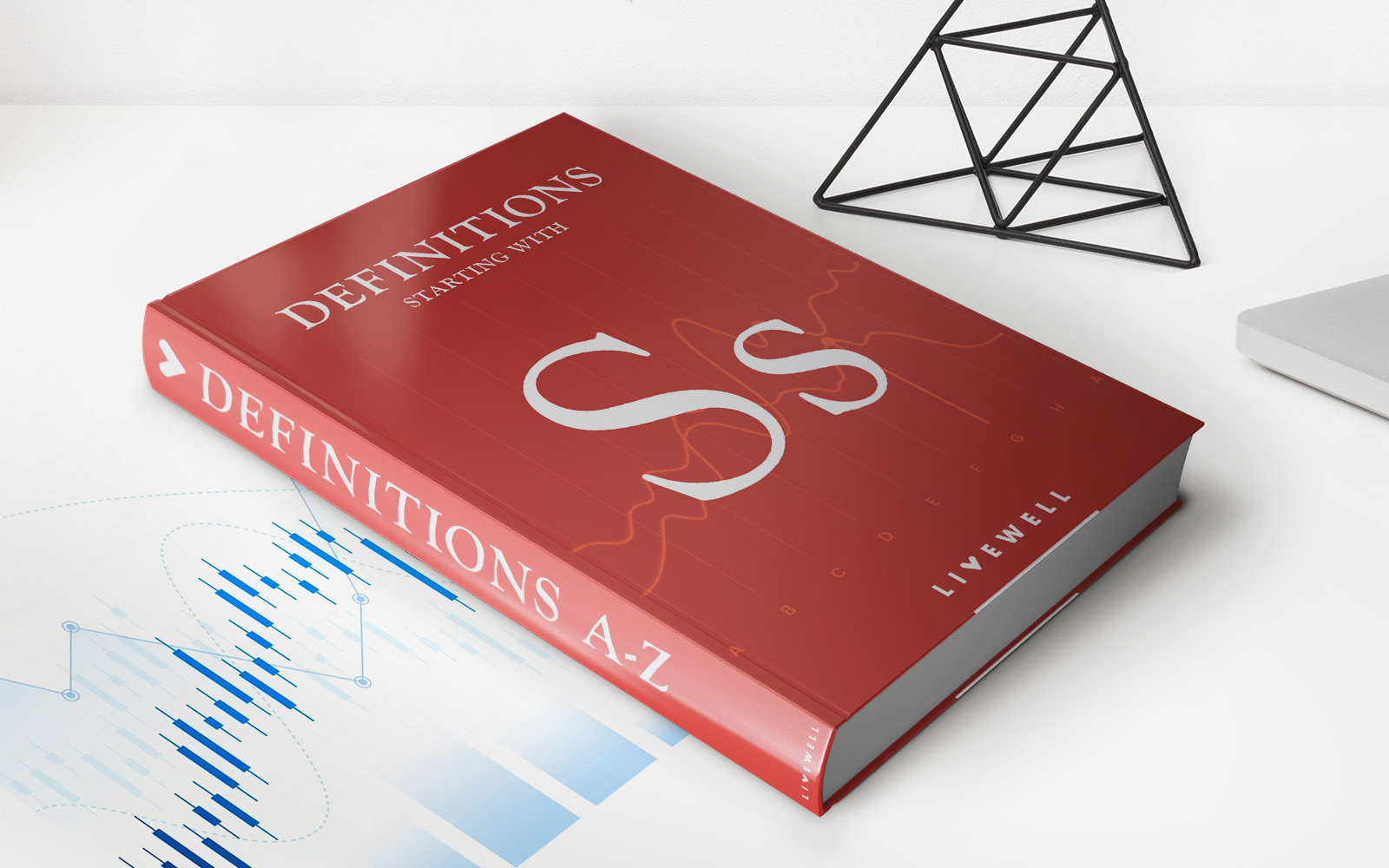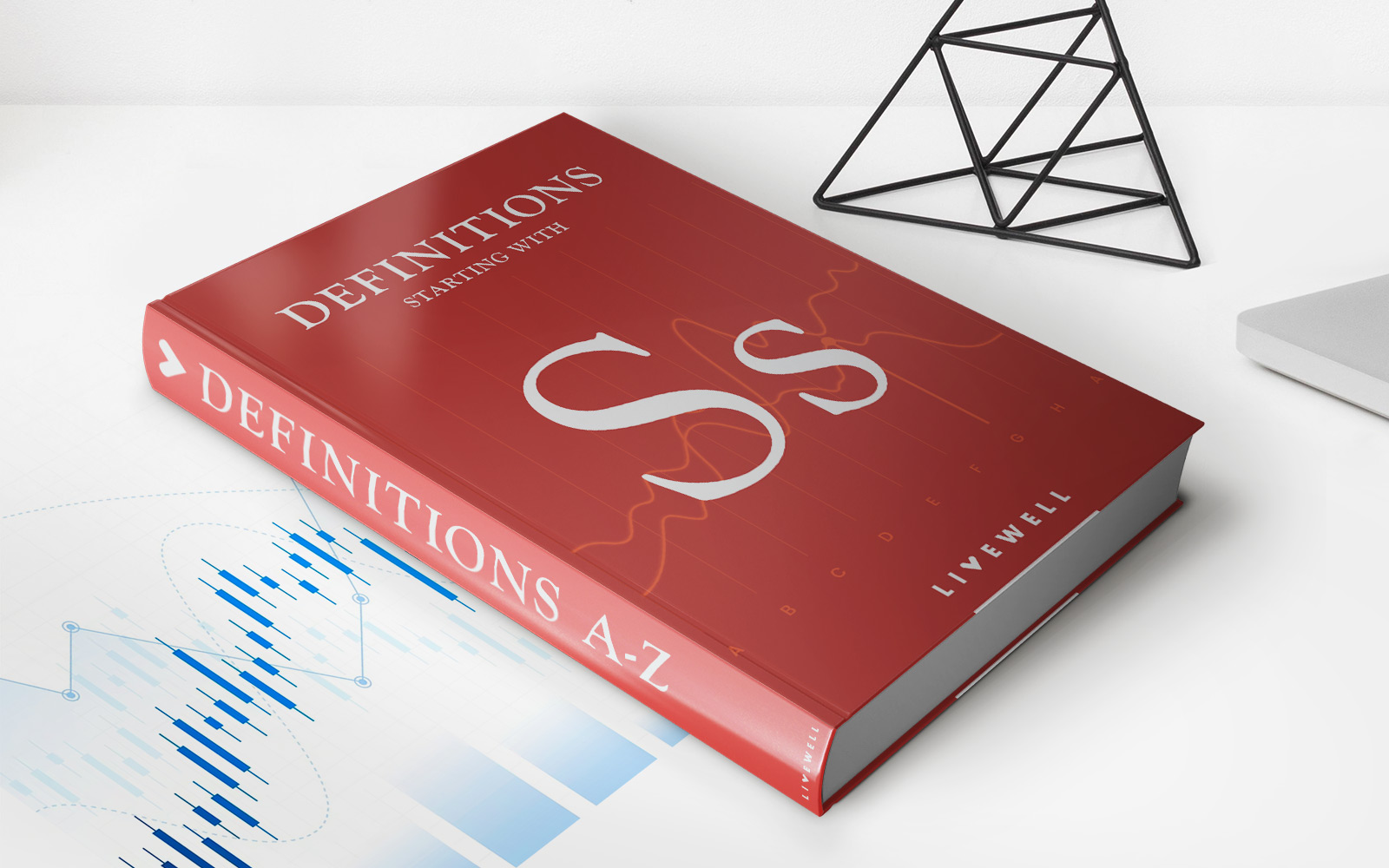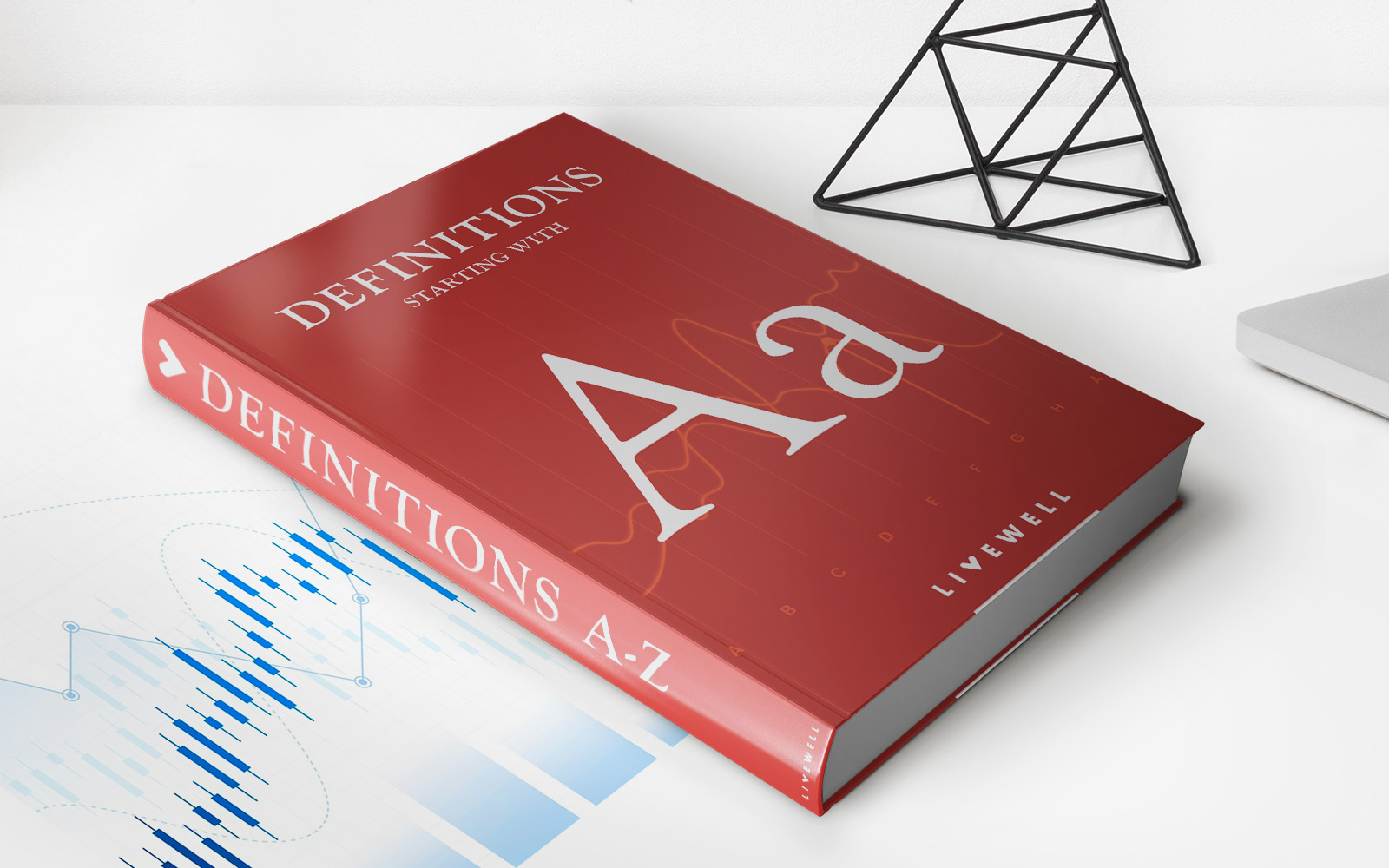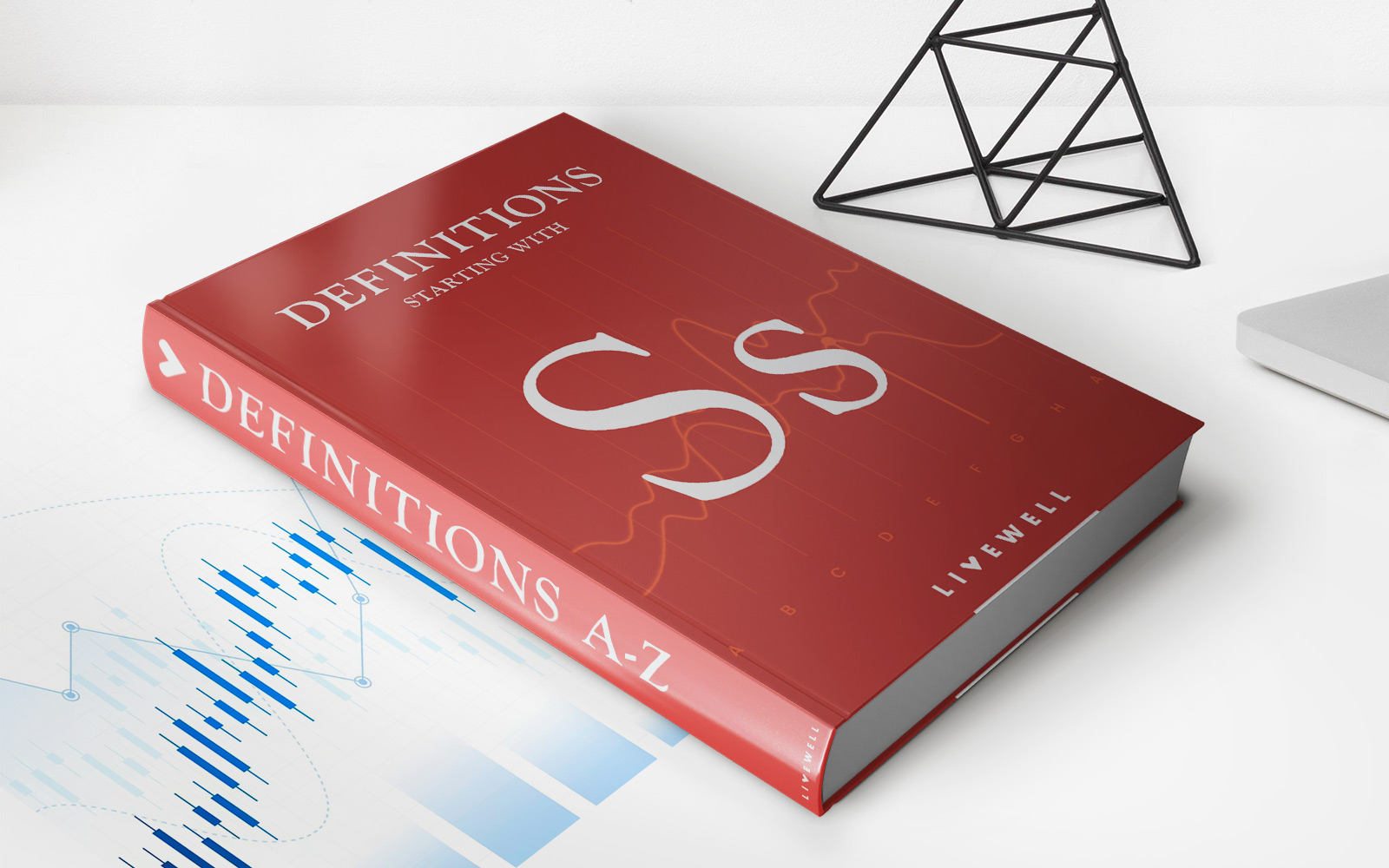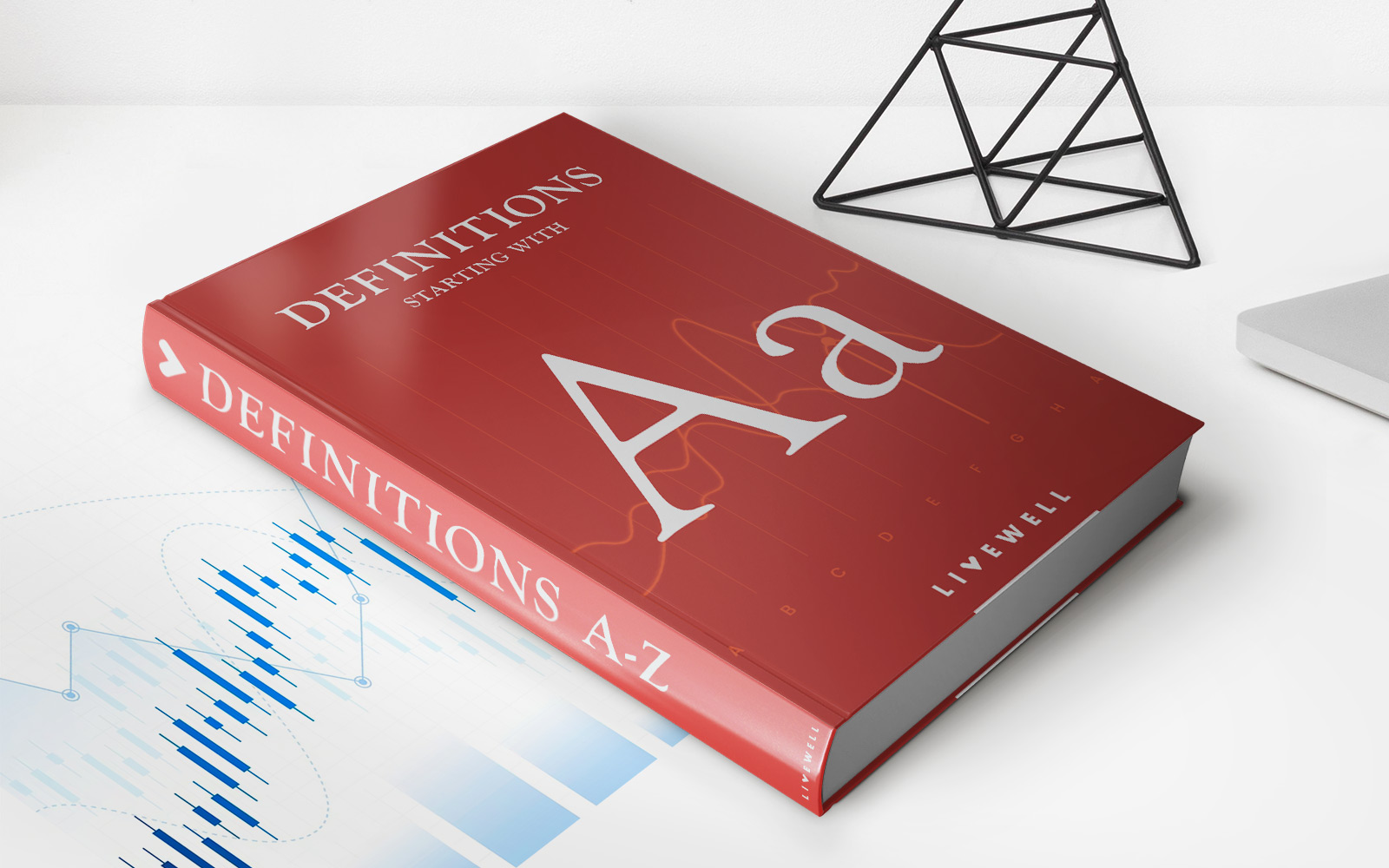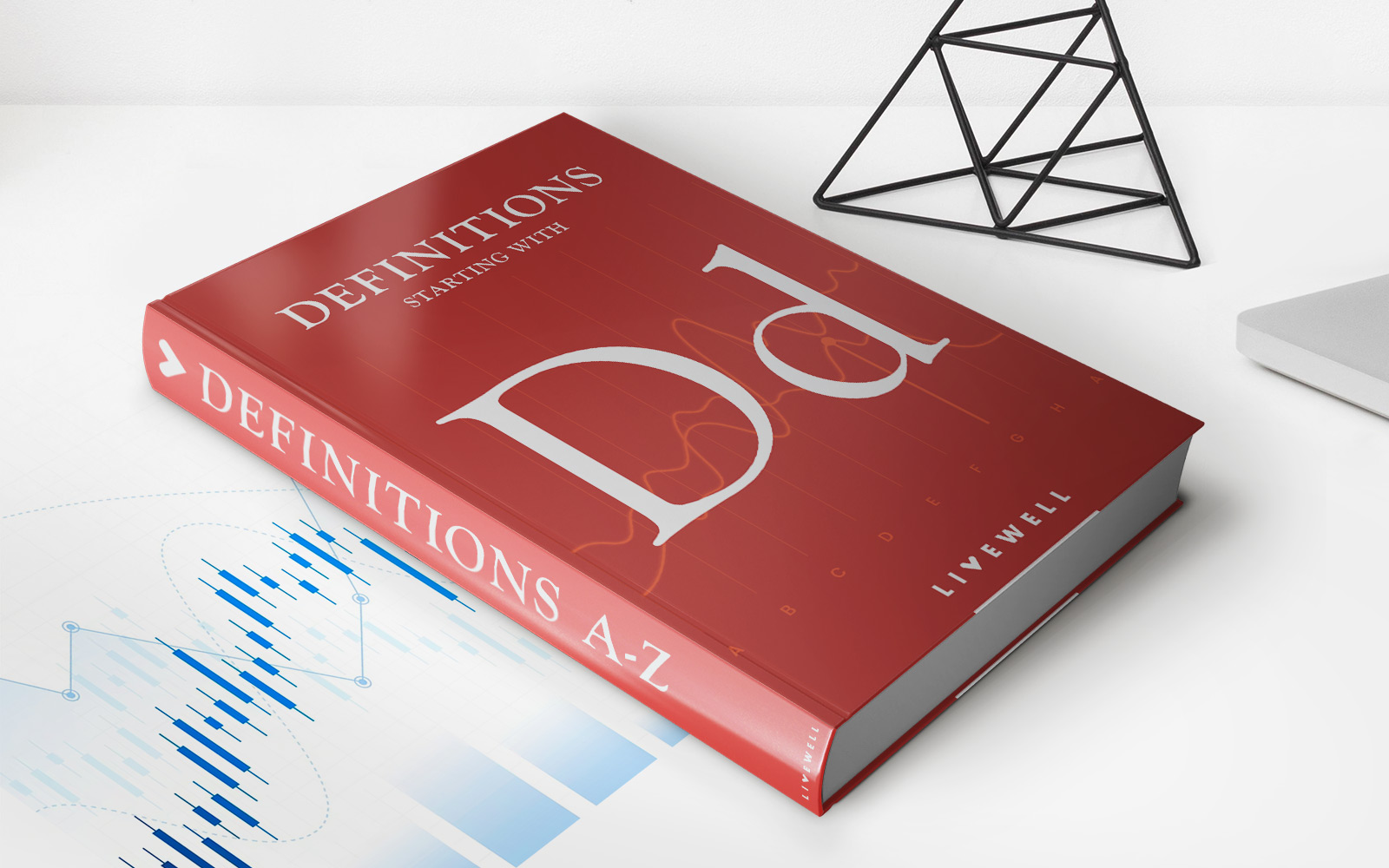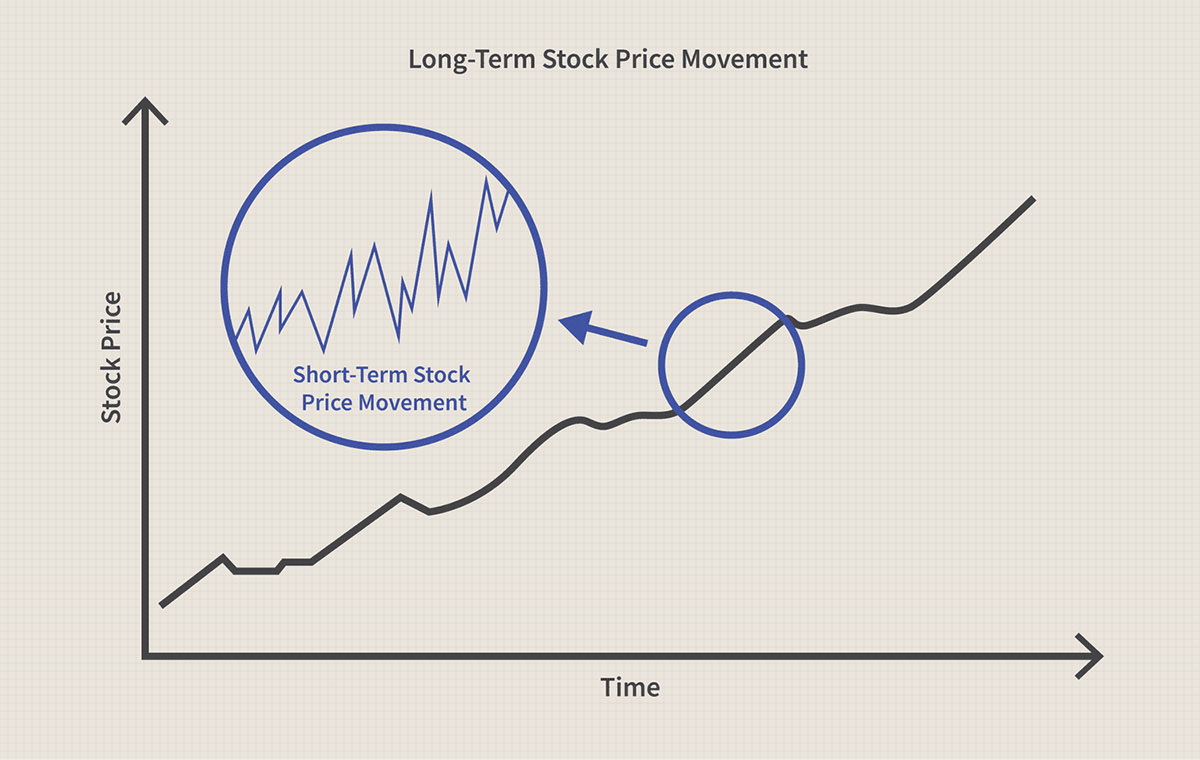Home>Finance>Section 1256 Contract: Definition And Tax Rules
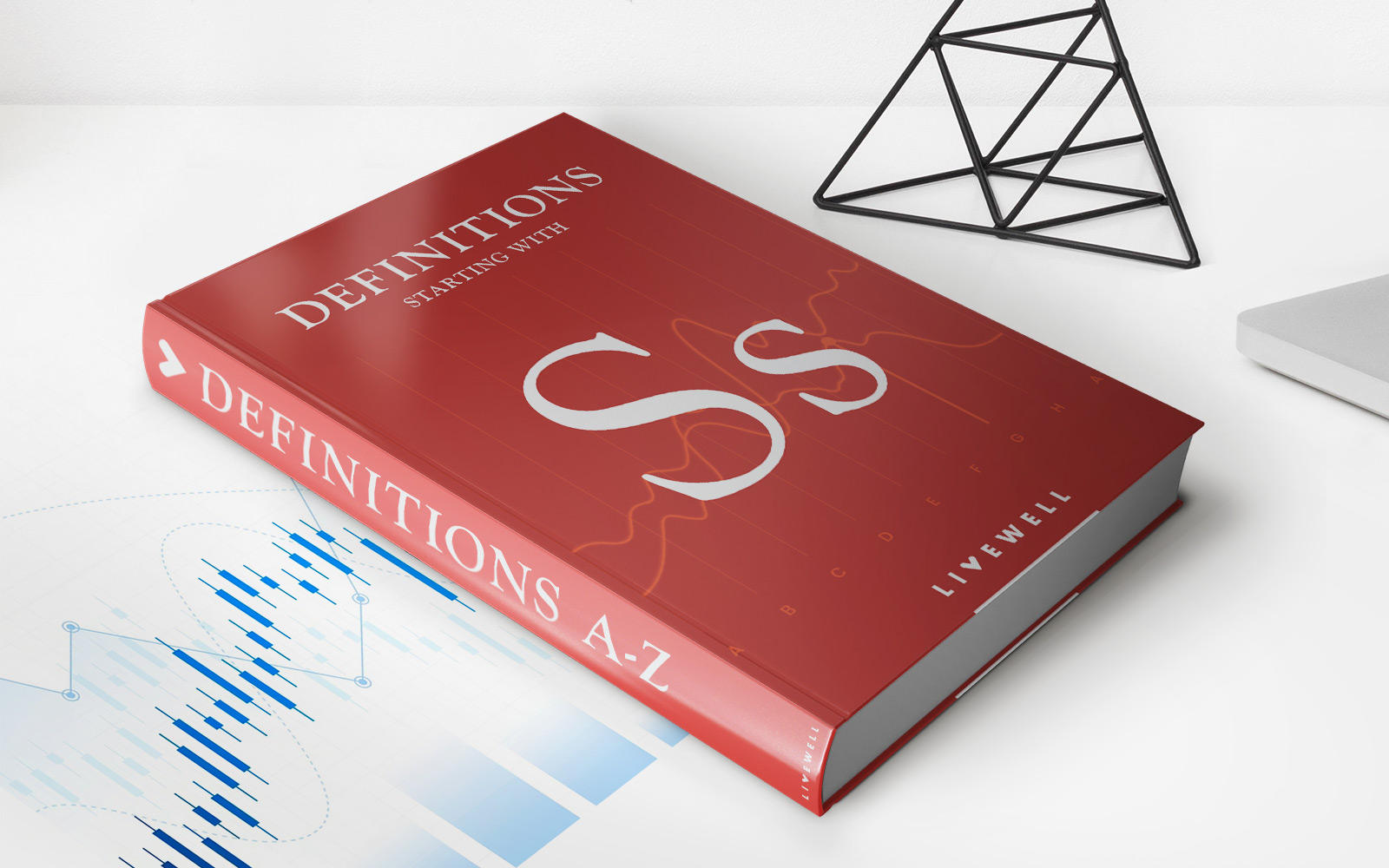

Finance
Section 1256 Contract: Definition And Tax Rules
Published: January 26, 2024
Learn about Section 1256 contracts, their definition, and tax rules in the field of finance. Optimize your tax strategy with this comprehensive guide.
(Many of the links in this article redirect to a specific reviewed product. Your purchase of these products through affiliate links helps to generate commission for LiveWell, at no extra cost. Learn more)
Understanding Section 1256 Contracts: Definition and Tax Rules
When it comes to finance, there are numerous terms and regulations that can be confusing for the average person. One such concept is Section 1256 Contracts. If you’re wondering what exactly Section 1256 Contracts are and how they are taxed, you’ve come to the right place. In this article, we will break down the definition and tax rules surrounding Section 1256 Contracts, providing you with a clear understanding of this important financial instrument.
Key Takeaways:
- Section 1256 Contracts are regulated by the Internal Revenue Service (IRS) and include various financial instruments such as futures contracts, options, and certain types of swaps.
- These contracts are subject to a specific set of tax rules, which differ from those applied to other types of investments.
What are Section 1256 Contracts?
Section 1256 Contracts are a specific category of financial instruments regulated by the Internal Revenue Service (IRS). These contracts include futures contracts, options, and certain types of swaps. They are primarily traded on regulated exchanges and are subject to standardized terms and conditions.
Section 1256 Contracts are different from other types of investments due to their unique tax treatment. While most investments are subject to either short-term or long-term capital gains tax rates, Section 1256 Contracts are subject to a blended tax rate known as the 60/40 rule.
How are Section 1256 Contracts Taxed?
Taxation of Section 1256 Contracts is governed by the 60/40 rule. Under this rule, 60% of the gains or losses from these contracts are considered long-term capital gains or losses, taxed at a lower rate. The remaining 40% is treated as short-term capital gains or losses, taxed at the ordinary income tax rate.
Here are some key points to understand about the tax rules for Section 1256 Contracts:
- Mark-to-Market Accounting: Unlike other types of investments, Section 1256 Contracts are subject to mark-to-market accounting. This means that at the end of each tax year, the contracts are deemed to be sold at their fair market value, and any unrealized gains or losses are recognized for tax purposes. This allows traders to avoid deferring tax liabilities.
- Limited Loss Deductions: While gains from Section 1256 Contracts are subject to the 60/40 rule, losses are fully deductible against any type of income, not just capital gains. This can be advantageous for traders as it allows for greater flexibility in offsetting losses.
- Section 475 Election: Traders who actively engage in Section 1256 Contracts may have the option to make a Section 475 election. This election allows them to treat their trading activities as a business, rather than an investment. By doing so, they can deduct trading-related expenses and potentially benefit from lower tax rates.
Conclusion
Section 1256 Contracts provide individuals with the opportunity to trade a variety of financial instruments, including futures contracts, options, and swaps. However, it’s important to understand the unique tax rules that apply to these contracts.
By recognizing the 60/40 rule, mark-to-market accounting, limited loss deductions, and the potential benefits of a Section 475 election, traders can make informed decisions and maximize their tax advantages.
Remember, if you have specific questions or need personalized tax advice regarding Section 1256 Contracts, it’s always a good idea to consult a qualified tax professional.
